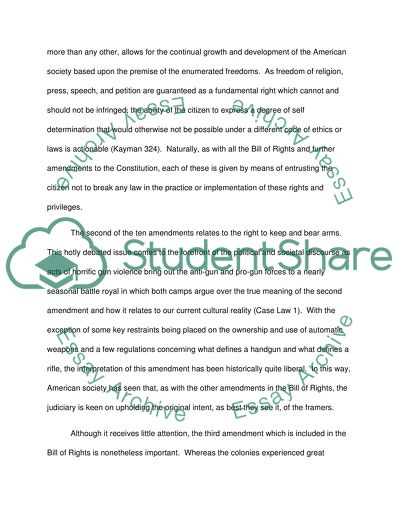Cite this document
(“The Bill of Rights and the 14th Amendment Essay”, n.d.)
The Bill of Rights and the 14th Amendment Essay. Retrieved from https://studentshare.org/law/1464817-the-bill-of-rights-and-the-14th-amendment
The Bill of Rights and the 14th Amendment Essay. Retrieved from https://studentshare.org/law/1464817-the-bill-of-rights-and-the-14th-amendment
(The Bill of Rights and the 14th Amendment Essay)
The Bill of Rights and the 14th Amendment Essay. https://studentshare.org/law/1464817-the-bill-of-rights-and-the-14th-amendment.
The Bill of Rights and the 14th Amendment Essay. https://studentshare.org/law/1464817-the-bill-of-rights-and-the-14th-amendment.
“The Bill of Rights and the 14th Amendment Essay”, n.d. https://studentshare.org/law/1464817-the-bill-of-rights-and-the-14th-amendment.


